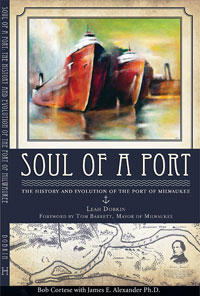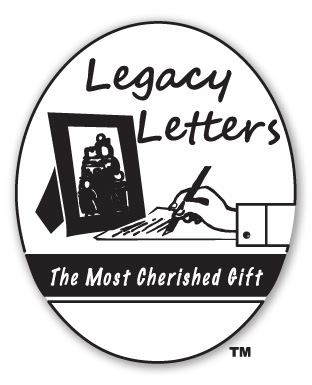An Example of a Medieval Ethical Will:
Excerpts from an ethical will written by physician Judah Ibn Tibbon to his son around 1190
These two excerpts are from an ethical will by Judah Ibn Tibbon, a physician and translator who
was born in Granada, Spain around 1120. His letter to his son, entitled, A Father's Admonition, is
one of the earliest examples of the Hebrew ethical will and is a classic in wisdom literature. It
may be read in its entirety in the volume Hebrew Ethical Wills, edited by Israel Abrahams.
(Facsimile edition 1976, The Jewish Publication Society of America.)
|
My son! If thou writest aught, read it through a second time, for no man can avoid slips.
Let not any consideration of hurry prevent thee from revising a short epistle. Be punctilious as to
grammatical accuracy, in conjugations and genders, for the constant use of the vernacular
sometimes leads to error in this regard. A man's mistakes in writing bring him into disrepute;
they are remembered against him all his days. As our Sages say: "Who is it that uncovers his
nakedness here and it is exposed everywhere? It is he who writes a document and makes
mistakes therein." Be careful in the use of conjunctions and adverbs (particles), and how thou
appliest them and how they harmonize with the verbs. I have already begun to compose for thee
a book on the subject, to be called "Principles of Style", may God permit me to complete it! And
whatever thou art in doubt about and hast no book to refer to, abstain from expressing it!
Endeavor to cultivate conciseness and elegance, do not attempt to write verse unless thou canst
do it perfectly. Avoid heaviness, which spoils a composition, making it disagreeable alike to
reader or audience ...
My son! Devote thy mind to thy children as I did to thee; be tender to them as I was
tender; instruct them as I instructed; keep them as I kept thee! Try to teach them Torah as I have
tried, and as I did unto thee do thou unto them! Be not indifferent to any slight ailment in them,
or in thyself (may God deliver thee and them from all sickness and plague), but if thou dost
notice any suspicion of disease in thee or in one of thy limbs, do forthwith what is necessary in
the case. As Hippocrates has said: Time is short, and experiment dangerous. Therefore be
prompt, but apply a sure remedy, avoiding doubtful treatment ...
|
Sources: Leah Dobkin,
www.PersonalLegacyAdvisors.com,
http://www.ethicalwill.com/examples.html,
http://www.life-legacies.com.
|


